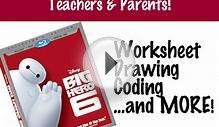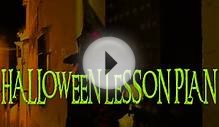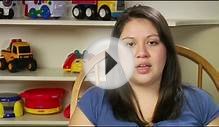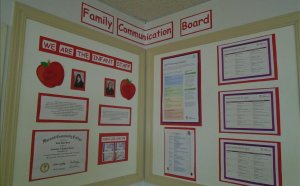
Lesson plans for Music teachers
 Teaching piano lessons is a delicate balance of planning ahead and being flexible enough to work with whatever the student brings to his or her lesson that week.
Teaching piano lessons is a delicate balance of planning ahead and being flexible enough to work with whatever the student brings to his or her lesson that week.
One thing a child brings to every lesson is his or her own individuality. Over time, we come to know that Deanna loves the classics, but Johnny likes movie themes. Lorraine is shy and worried she will make a mistake, but Chris is a natural show-off and not too worried about the details.
A good teacher will also take about 10 seconds to judge the mood of a student when they walk in the door. A few questions about how her day has gone might reveal a child more in need of some fun, one-on-one time with a caring adult than an aggressive piano lesson.
A child who has practiced all week on the assigned material will have a far different lesson from the one who forgot to open his assignment book. Or, heaven forbid, forgot to bring his books to the lesson!
In many ways it is easier to just plan each student’s course of study week by week with complete flexibility—take whatever the student brought to the lesson, work on it, and make the next assignment. When using a method series, this is a pretty easy pattern to fall in to. After all, didn’t the author of the method already do all the work of laying out a high quality plan of study?
Another item that can drive lesson content is upcoming events and competitions. These activities can easily take all of the lesson time week after week, leaving no time for other work. Surely much is being learned during the in-depth study of this material, but without careful thought, growth in other areas can languish.
Not many teachers set out to write their own curriculum, but it can be helpful to have a list of basic skills that you want an individual student to master during the year. Every teacher knows that there are more areas of music study than can possibly be covered in a 30-minute weekly piano lesson. So we must sift, filter, analyze the student, and do our best to pick out the areas that will most benefit this student this year. Our list may be a delicate balance of foundational principles, with enough student-specific “fun” stuff to keep motivation high. I have several students who show a strong interest in composition, so I take time to listen to their new ideas and give feedback and encouragement.
I create detailed lesson plans for some students every week. I may have certain goals in mind for these students. Or, they may be special-needs kids who need a lot of “flexible” structure. An example of this may be to write out five lesson elements on a white board and let the student erase each one as it is completed. This would be the structure. The flexibility might be letting the student choose the order, and the teacher keeping a high awareness of how the student is responding to each activity and adjusting accordingly.
Most of my students have a loose overall lesson structure. I plan around a theme each year, and create a list of activities that relate to the theme. This year I am using the Medieval and Renaissance Eras as a basis for motivational and learning activities. In order to receive an award at the end of the year students will have to complete certain goals, such as writing a report on a Renaissance composer, watching a DVD, reading a book, attending a concert, and learning a vocabulary list.
I want to increase my intentionality with all students, by making a personal list for each student of what I want them to know, deep in their hearts, heads, and fingers, by the end of the school year. This list will help me choose media lab activities for each student and also remind me to take precious lesson time to cover and reinforce the most important concepts.
YOU MIGHT ALSO LIKE



Share this Post
Related posts
Music lesson plans for Kids
Music not only has the power to stimulate the mind, enrich the heart and soothe the soul; it also helps you meet educational…
Read MoreMusic lesson plans for Preschool
The First Steps in Music curriculum is designed to prepare children to become musical in three ways: Tuneful – to have tunes…
Read More










